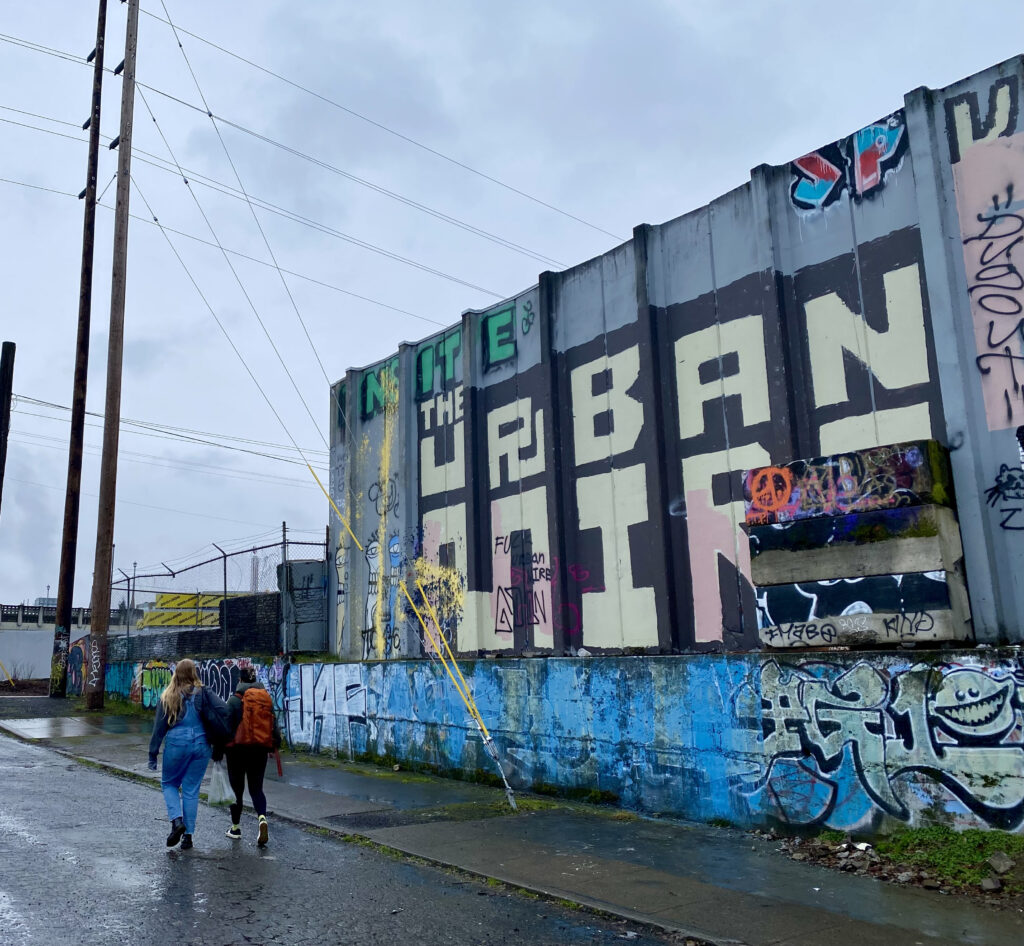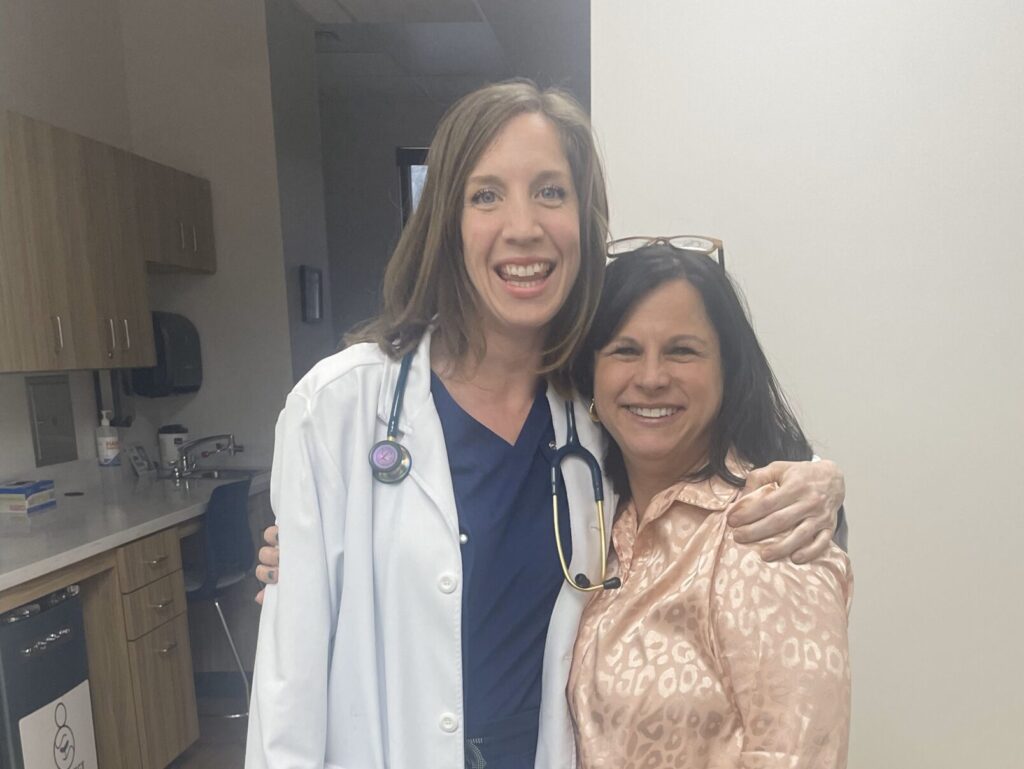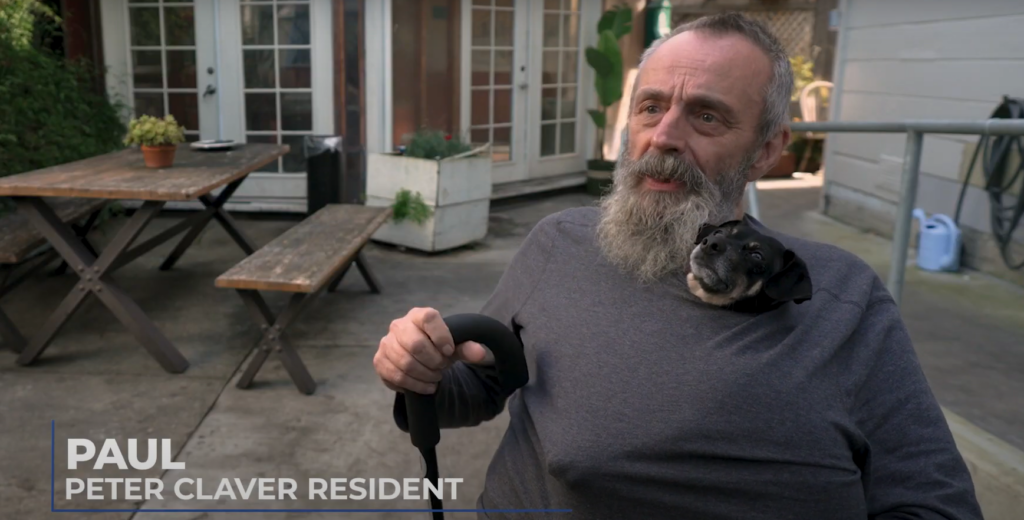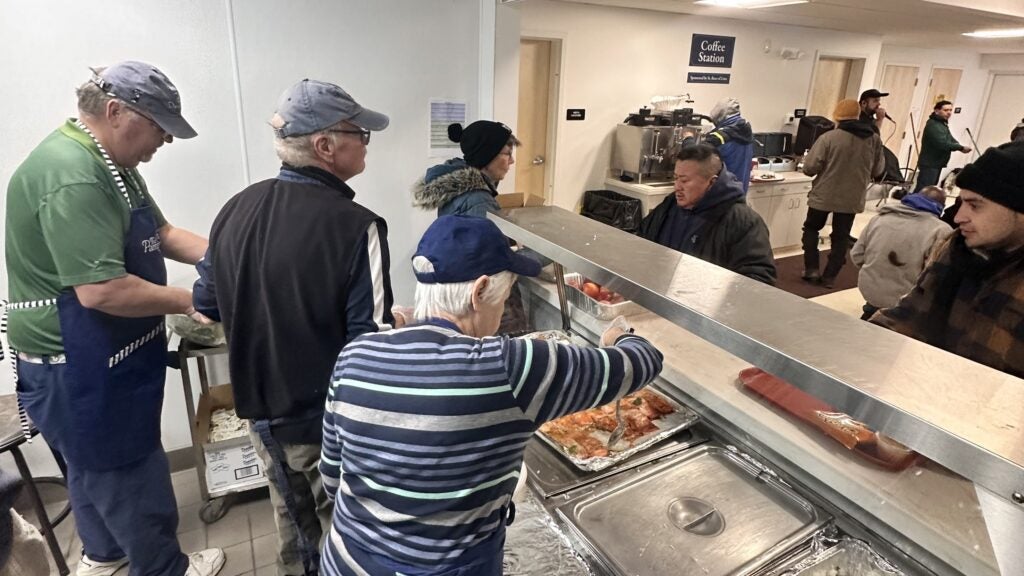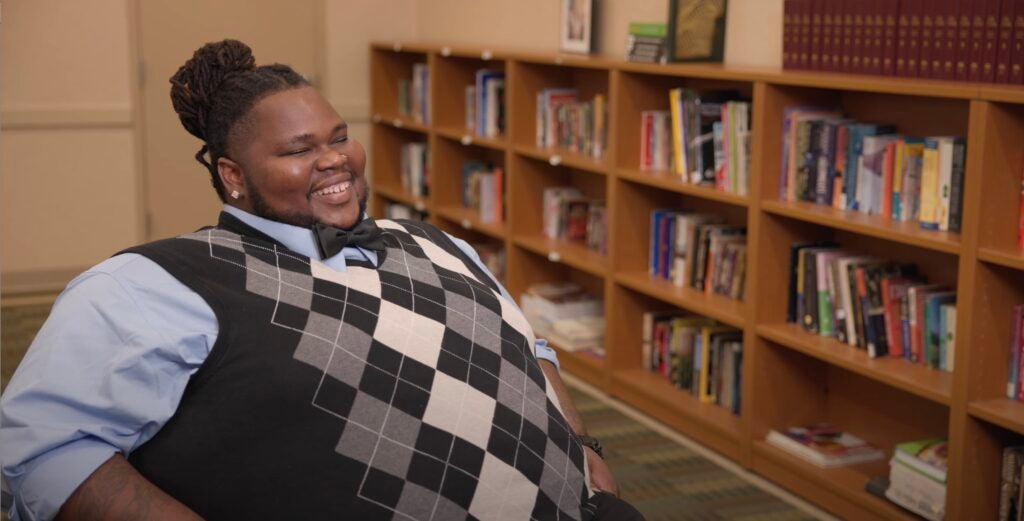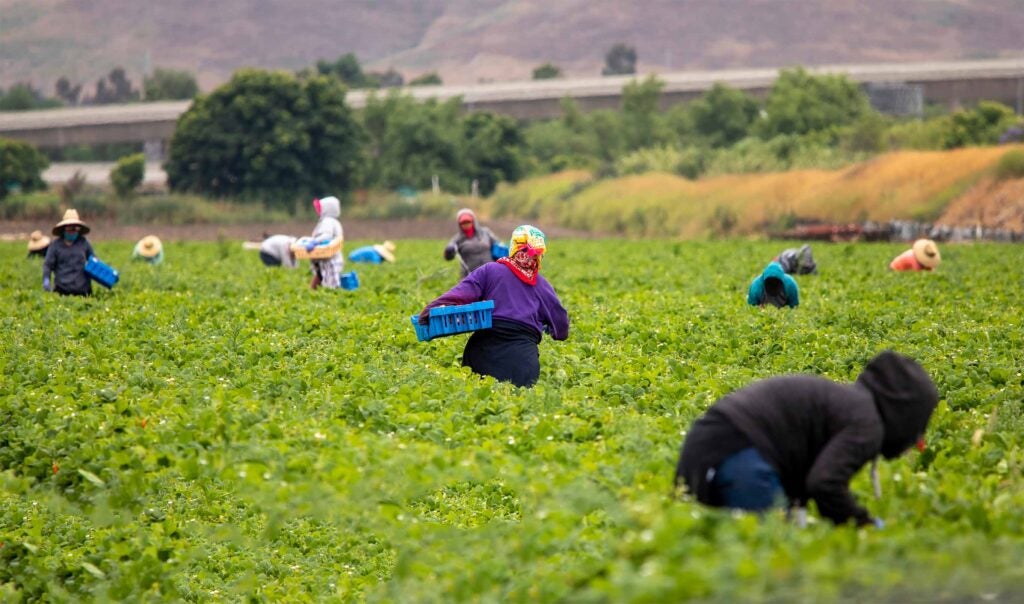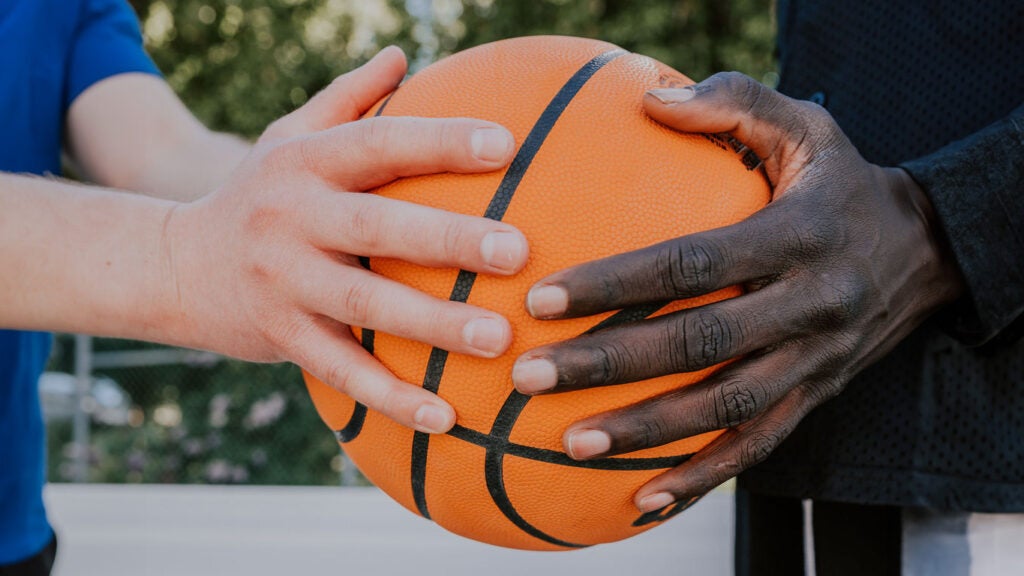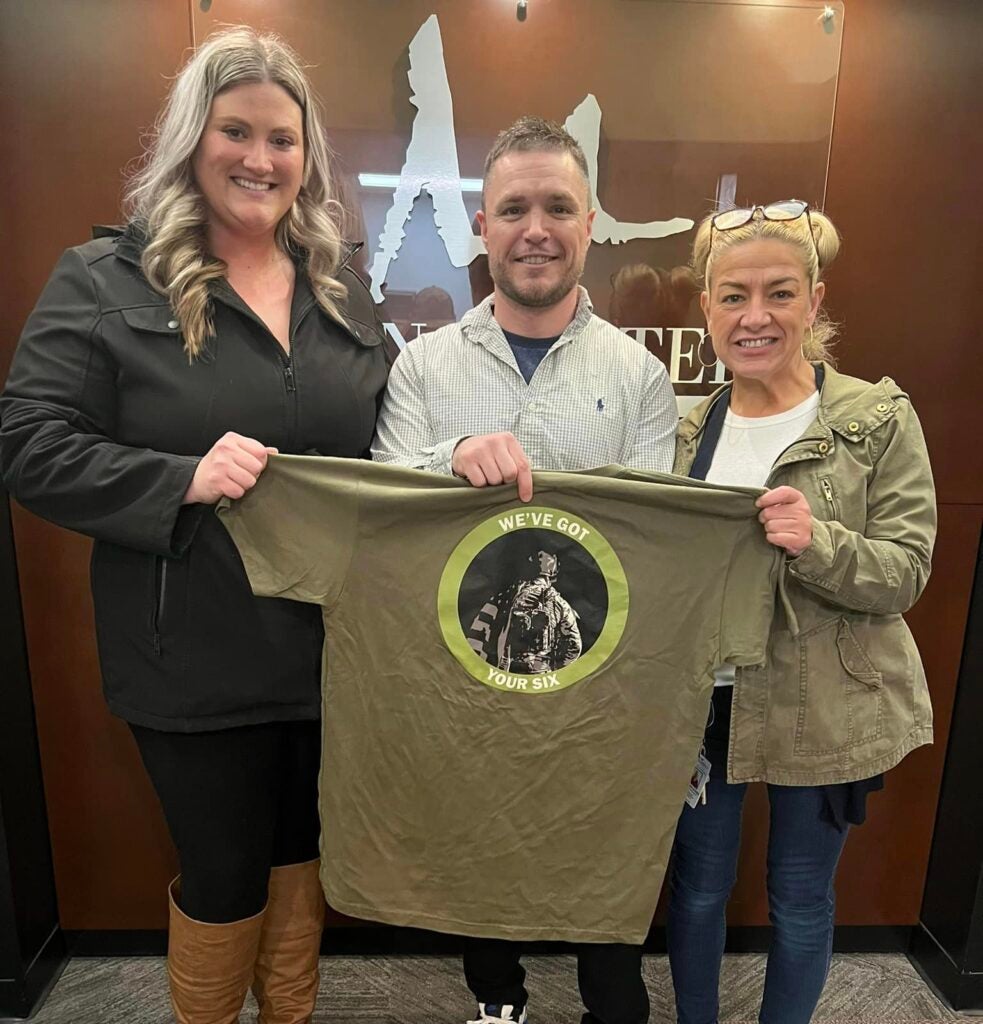
Youth mental health first aid program supports victims of violence
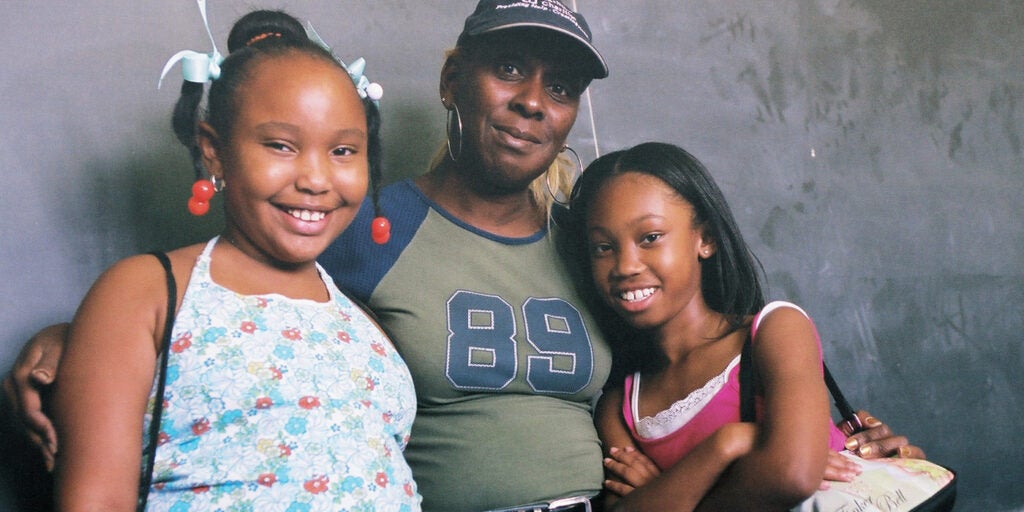
For the last few years, a particular focus for Catholic Charities of the East Bay (California) in the area of mental health services and trauma informed care has been youth mental health first aid as it applies to those who support young people who have experienced some form of violence.
Youth mental health first aid is a subset of mental health first aid. The youth version provides an action plan to help young people in crisis and non-crisis situations. Adults who regularly interact with young people receive training in order to intervene when a young person needs help and to refer the child to appropriate resources.
Jordan Thompson, who is the director of Mental Health Services for Catholic Charities of the East Bay (CCEB), said that the move by her agency toward youth mental health first aid grew out of the experience of working for ten years with the school system in Richmond, California.
In Richmond, the student population is 80 percent children of color, both African-American and Latino. Many of these young people are exposed to different kinds of violence in their neighborhoods such as shootings, assaults and, sadly, even violence in the homes. CCEB continually discerned how to best support these children.
“We were realizing that we were providing individual services to students who had been impacted by trauma and violence,” Thompson said, “but without increasing the knowledge and awareness of the adults surrounding those young people.”
Thompson and her team posited that if they could increase the mental health awareness of the adults in the young people’s lives, then the adults would be able to recognize when a young person needed help with a mental health issue. The question was how to teach adults to distinguish between behavior based in defiance versus behavior based in a mental health issue.
SAMHSA (Substance Abuse and Mental Health Services Administration, U.S. Department of Health and Human Services) provided the grant to CCEB for training in youth mental health first aid. Over the last three years CCEB has trained around 200 people annually.
Participants in the training have included teachers, school administrators, support staff and parents. Even mental health clinicians who worked in the school system were trained, although they were a little harder to convince about the need for youth mental health first aid.
“At first there was some push back from the clinicians, ‘mental health is what I do; I don’t need this training,’ Thompson said. “But then by giving them additional, basic language, they recognized that it gave them a way to talk with young people and parents that was less academic. It wasn’t that they gained more knowledge, but they gained a different way of talking to people about mental health that was less clinical.”
According to Thompson, the training has resulted in many positive conversations that have increased awareness regarding the environment many of the Richmond students face every day. There are multiple stressors that have an impact including neighborhood violence, racism and an unwelcoming national rhetoric surrounding immigrants.
“We’ve been having very intentional conversations,” Thompson said, “about such things as implicit bias against African-American students or how Latino kids feel about being a target of federal policy, all of which comes in to play when considering student behavior and their mental health.”
As an example, Thompson pointed to evidence that shows when it comes to aggressive behavior kids of color are more likely than white kids to receive a punitive response from teachers. The reason for the behavior is not considered. Youth mental health first aid helps adults to deliberate about the possible causes of a student’s behavior and to avoid bias.
Thompson said that the training has helped to create a safer and more supportive environment for the students and has contributed to upbuilding the community. “Creating safe and just communities has been our primary aim,” Thompson said. “Bringing in youth mental health first aid was another tool in our toolkit.”
This story appeared originally in the fall 2018 issue of Charities USA magazine. To read more stories from Charities USA, click here.
